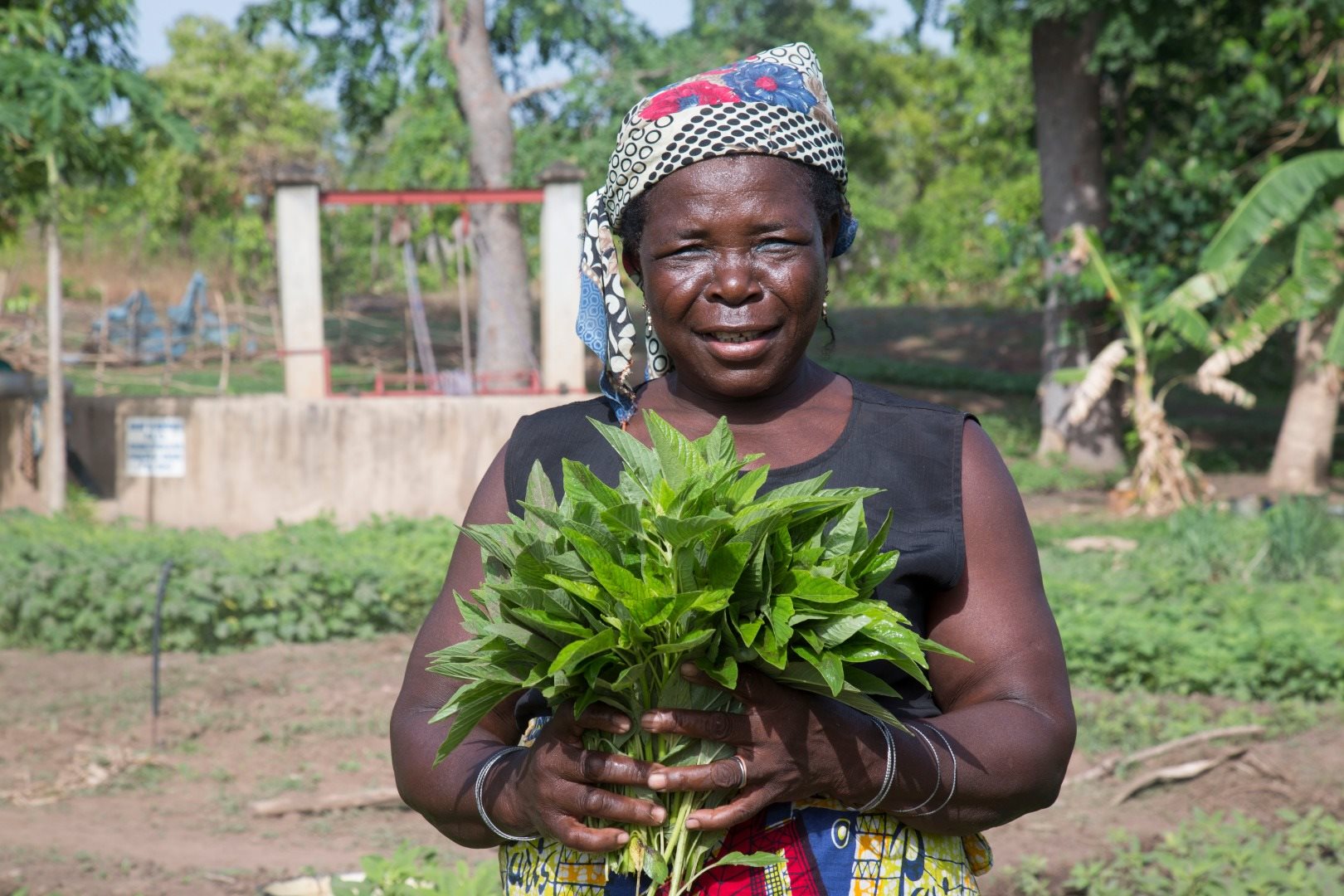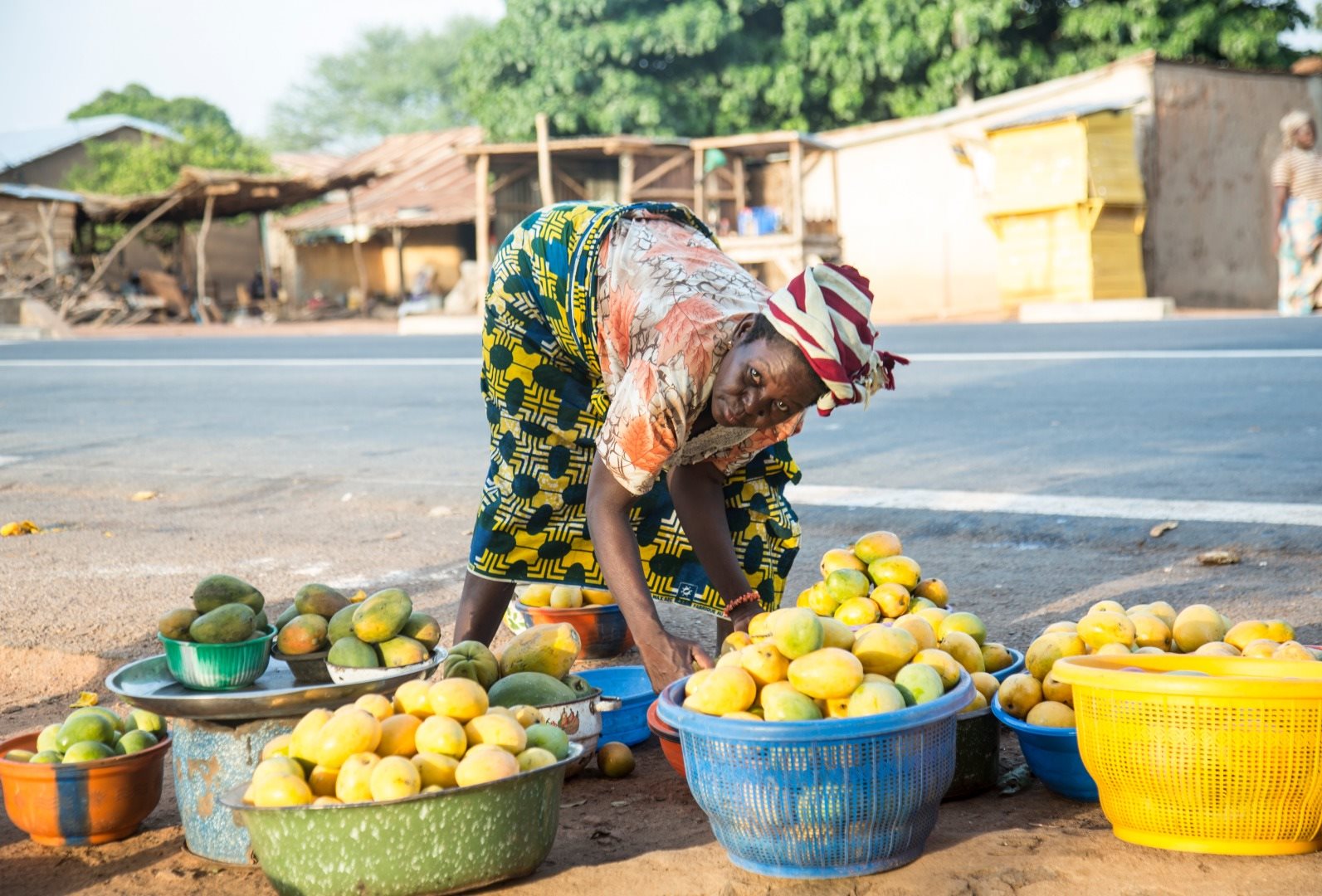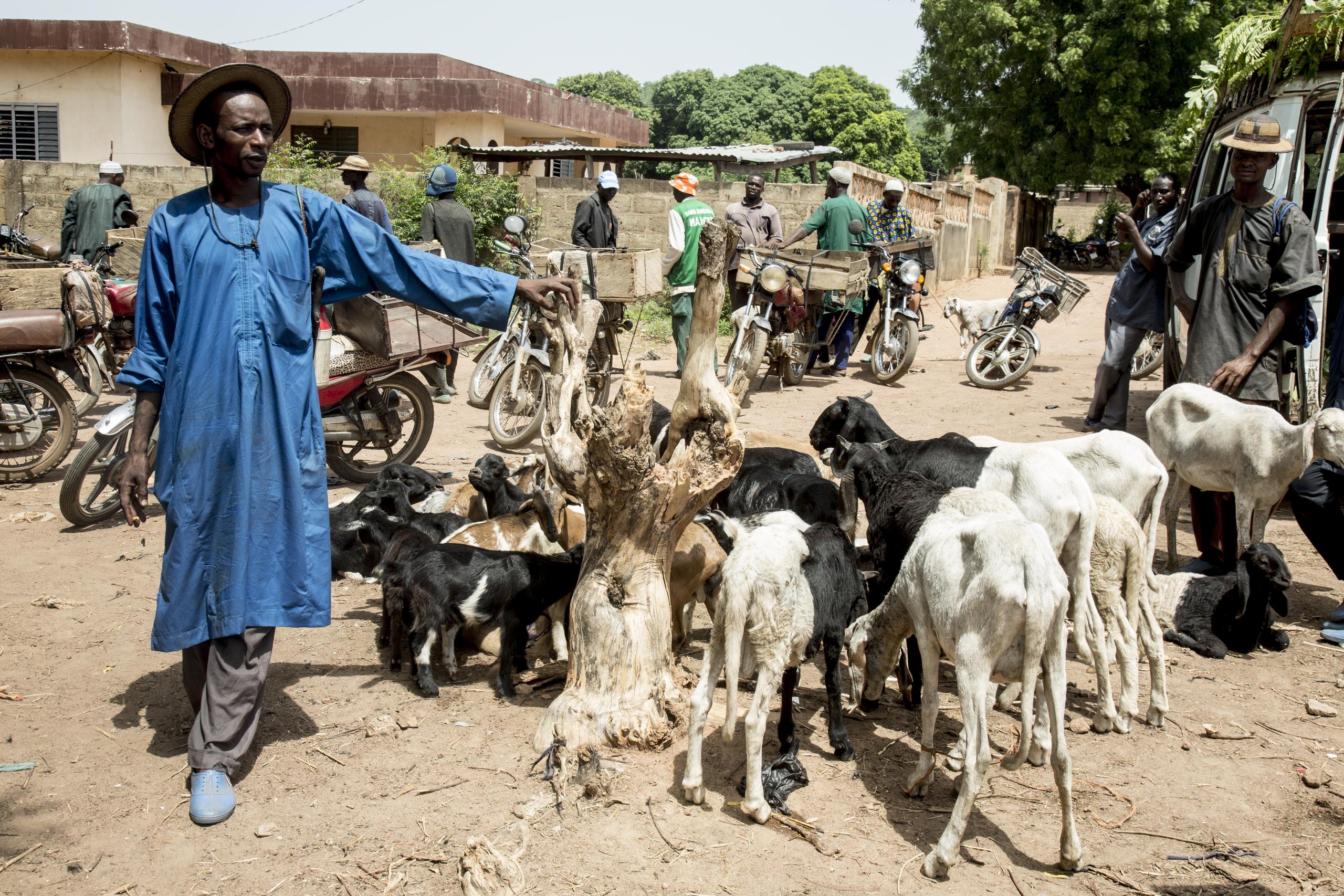Benin is located in West Africa, along the Atlantic coast, and covers a surface of 114,763 km² and extends 670 km, from the Niger stream at the north and facing the Atlantic Ocean at the south. Benin had 10,008,749 inhabitants in 2013. The 2014 Report on human development places the country at the 165th ranking of 187 countries. In Benin, despite a renewed sustainable growth since 2012, the monetary poverty has hardly declined.
As many countries in the sub-region, Benin experiences a rise in the price of first hand commodities that threaten the progress made in matters of poverty reduction. This situation is in large part the result of the modest economic growth, partly due to low competitiveness and the unequal distribution of revenues. It is also explained by the lack of economic diversification due to the weak attractiveness of certain areas of the territory, notably the rural areas. Finally, it also stems from the difficult access to productive resources (land, financial, etc.) notably for vulnerable populations, sometimes causing poverty and malnutrition. In general, the economic growth has been too weak to significantly reduce food insecurity.

Context of the intervention area
The F4F programme covers the Borgou department. The population is around 574,352 inhabitants and we can observe a high impact of monetary poverty and the rise of inequalities. The situation in Borgou remains paradoxical and the food insecurity of the households finds its reason not in the rarity of food products but in the management of these within the household. The improvement of the access to regular nutrition through their own production for the population of Borgou therefore needs a better management of food production.
Outside of agriculture, the local economy in the department is not very diversified. Almost the entirety of the identified economic activities, in the local economies of the area, are informal activities. The revenues coming from production, by their very low level, do not really contribute to raise the level of expenditures of the Borgou rural households despite the importance of the quantity produced.
In the department of Borgou, the food security problem is economic in nature and this is related to the lack of jobs and business opportunities, the weakness of revenues and the lack of economic diversification. This has important consequences for the populations, because they find themselves in situations of food insecurity during the shortage periods that last for about 3 to 4 months. We also find a nutritional issue linked to the lack of diversification of nutrition. This in turn creates certain deficiencies particularly with children and the poorer populations. The main identified weaknesses are also related to:
- The difficulties in transferring products from certain areas to others due to the partial or seasonal impracticability of certain roads;
- The very low efficiency of traditional conservation and storage systems;
- The difficulties of spreading the marketing and consumption of products;
- The low consideration for local economic development;
- To the economic initiatives, generally through the public authorities.

The Support Project to Decentralization, De-concentrating and local economic development in Benin (PA3D) is a “second generation” project in the UNCDF approach of supporting local development finance. It follows the Support Project to local development and local initiatives in Borgou 2003-2008 (ADECOI). Together, the two projects represent a continuous intervention of 10 years. The PA3D, co-assisted by the Belgian Fund for Food Security (Fonds Belge pour la Sécurité Alimentaire FBSA) and UNDP, and uses the same intervention mechanisms, focusing this time on local economic development and food and nutritional security.
The monitoring tools of the PA3D
The monitoring system of the PA3D project relates to the internal performance of the project in a perspective of management “focused on results” and accounts the performances of the different actors of local development that the project aims at strengthening their capacities, while verifying that the pilot actions will be replicable and durable.
The monitoring system also serves to verify if the performance indexes enable UNCDF to disengage without weakening the sustainability of the initiated actions, and lessons are learned from the project by the national decision-makers for the national policy of support to decentralization and the fight against poverty (capitalizing on the lessons learned from the experience and the area of intervention).






